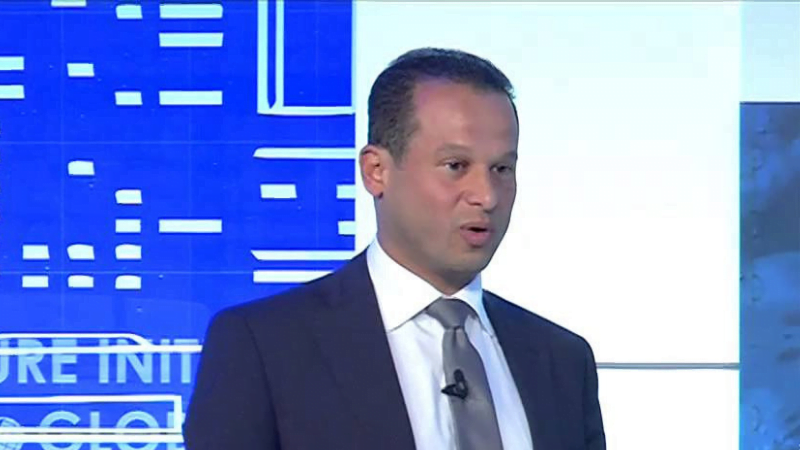Identity Malta has refused to say whether it would withdraw the citizenship of Mustafa Abdel-Wadood if he is found guilty of the charges he is facing in the US of misappropriating millions of dollars.
Abdel-Wadood is an Egyptian national with dual Maltese citizenship. His arrest in the US occurred on 11 April, less than four months after his name appeared in the Government Gazette as having been granted citizenship. If he did acquire it through Malta’s cash for passports scheme, his arrest would put into question Malta’s due diligence process.
He is facing charges for misappropriating millions of dollars at the Abraaj Group, a Middle Eastern private equity firm. He entered a plea of ‘not guilty’ for charges of securities fraud, wire fraud and conspiracy.
When Identity Malta was asked if Abdel-Wadood would be at risk of losing his Maltese passport if found guilty of fraud in the US, a spokesperson said the matter was “sub judice” and that the Agency could not comment until after the case was concluded.
The case is being heard in the US, not in Malta, and it has been widely reported by the world’s media including comments from the Judge and others involved in the case. But Identity Malta took the position that its comment could affect the outcome of a case in the US.
The idea that ongoing cases in court cannot be debated was quashed by a 1979 ruling by the European Court of Human Rights, which held that the media has the duty to discuss matters of public interest even when litigation is pending before the courts.
Abdel-Wadood’s name was listed in the Government Gazzette of 21 December 2018, together with others with the same surname, who are likely family members. This suggests that Abdel-Wadood did not acquire citizenship by ‘naturalisation’, but that his Maltese passport was purchased through Malta’s cash for passports scheme. It is not possible to confirm this, since the government publishes the list of those who purchase citizenship together with those who acquire citizenship through their life connections with the country.
While the government states that Malta’s cash for passport scheme is transparent, it is close to impossible to scrutinise those who are purchasing EU citizenship through the country’s passport programme.
Under Maltese law, the Deprivation of Citizenship may occur under instruction from the Home Affairs Minister in a case where the Maltese citizen (who received citizenship via registration or naturalisation) is convicted of a crime and sentenced for more than 12 months. It may also occur where the conduct of the individual may be construed as “not conducive to the public good”.
In these cases, the Minister is required to give the individual notice of the intention to revoke citizenship and give him the right to inquiry that would be presided over by a chairman with judicial experience, and members appointed by the Minister.
Despite being described as a “flight risk” by US District Judge Lewis Kaplan, he was granted bail this week after posting a $10 million bond. Abdel-Wadood will face trial on 4 November. He will be confined to his Manhattan home until the hearing, permitted to leave only after written consent from the court.
Arif Naqvi and Sivendran Vettivetpillai, two other directors of the Group, have been arrested in the UK and are awaiting extradition to the US. The crimes are alleged to have occurred just before the company’s collapse in June last year.














